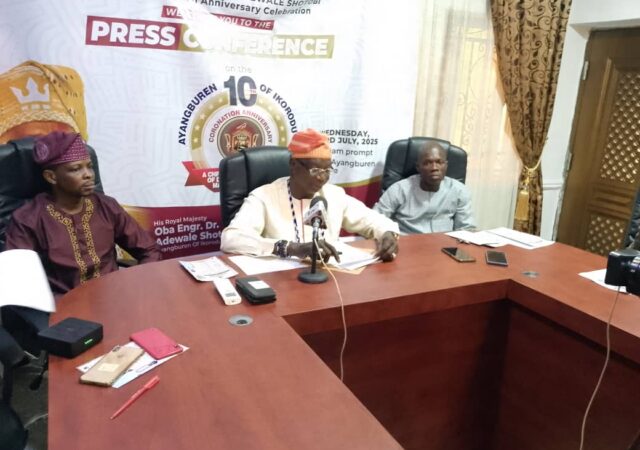Nigeria is hosting a major gathering of climate and energy leaders as it welcomes stakeholders across the Global South to the Peer Learning Workshop on Country Platforms for Climate Action and Just Energy Transition on Tuesday, April 29, and Wednesday, April 30, 2025, in Abuja.
The event is organised by the Africa Policy Research Institute (APRI), in partnership with the Federal Ministry of Budget and Economic Planning, the National Council on Climate Change Secretariat, the Nigerian Economic Summit Group (NESG), and the Shehu Musa Yar’Adua Foundation.
This very important workshop is designed to bring together government leaders, private sector representatives, civil society organisations, and international partners to shape Nigeria’s future climate and energy strategies.
The event organizers aim to use the workshop to help Nigeria design its own Country Platform for Climate Action (CPCA), a coordinated national framework to drive low-emission growth, attract climate finance, and deliver a just and inclusive energy transition.
Participants will draw lessons from countries like South Africa, Indonesia, Vietnam and Senegal which have already launched Just Energy Transition Partnerships (JETPs) to drive their climate agendas.
“This convening is not just about knowledge-sharing,” said Dr Olumide Abimbola, founder and director of APRI. “It’s about defining Nigeria’s leadership role in Africa’s climate future and ensuring that our energy transition is equitable, homegrown, and economically sound.”
Over the two-day event, stakeholders will craft recommendations that feed directly into Nigeria’s forthcoming National Development Plan (2026–2030). Discussions will also focus on mainstreaming climate priorities across critical sectors such as power, transportation, agriculture, industry, and finance.
In preparation for the workshop, APRI has published a detailed background paper offering practical pathways for Nigeria’s energy transition. The document draws on global case studies and proposes bold, locally relevant strategies for building a coordinated, fundable, and inclusive climate action framework across policy, infrastructure, and industry.
With this workshop, Nigeria is positioning itself to lead climate action across the continent while ensuring the energy transition delivers economic growth and social inclusion.







x4r93e
ylwi5c
ylwi5c